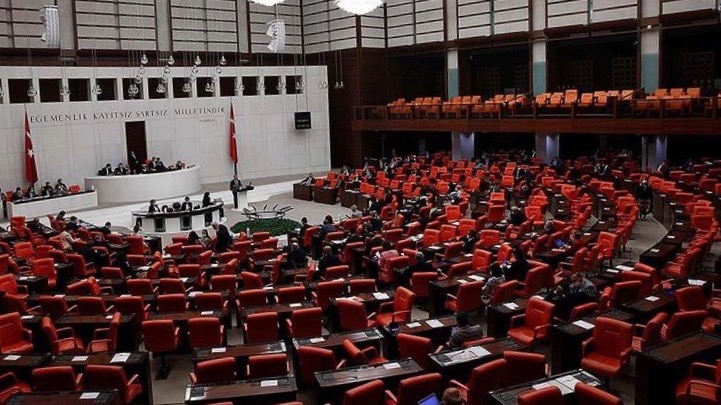The Turkish parliament on July 29, Wednesday, passed an amendment to the country’s internet law making it compulsory for social media sites to appoint a legal representative in Turkey and implement all court orders on an immediate basis. The law will become effective from October 1.
According to the new law, any social media platform based abroad which has at least a million users must assign at least one legal representative in Turkey, preferably a Turkish citizen. The contents of social media sites such as Facebook, TikTok and others can be scrutinized by the courts and failure to implement court orders would invite penalties including large fines, advertising bans and bandwidth reductions.
The law was backed by the ruling Justice and Development Party (AKP) and its ally Nationalist Movement Party (MHP). While the government argues that the amendment is an attempt to ensure data localization and fight cyber crimes to protect users, activists and human rights defenders see it as the beginning of a new era of online censorship.
A spokesperson of the UN High Commissioner for Human Rights said that the law “will give the state powerful tools for asserting even more control over the media landscape.”
Talking to Bianet, a Turkish media site, Alternative Informatics Association chair Faruk Cayir refuted the government’s claims that the law provides Turkish citizens the right to be forgotten. “There is not a single thing about the right to be forgotten” in the legislation, he said. According to him, the law violates users’ security and anonymity. He added that the law violates the international protocols on network neutrality by threatening to throttle bandwidth of a website.
Though discussion around the amendment was ongoing for some months, it was moved quickly in the parliament on Wednesday after president Recep Tayyip Erdogan alleged that social media sites have been used to insult his daughter and new-born grandson. Talking to his party colleagues in early July, he had warned that “the issue we need to talk about is how these social media platforms turned into tools for such foulness. They need to be brought into order. Such platforms don’t suit this country and our people.” He repeated these allegations and warnings yesterday in a national address on TV.
According to the Turkish Freedom of Expression Association, Turkey already tops the list of countries asking Twitter to remove user content. Thousands of court orders have banned over 400,000 websites, 130,000 URLs, 7,000 Twitter accounts and over 10,000 YouTube videos. The government had banned Wikipedia for three years and has one of the highest numbers of journalists imprisoned in the world.





